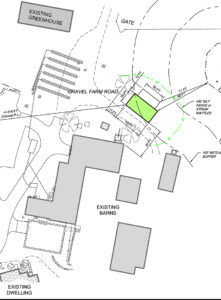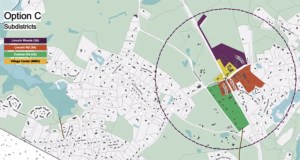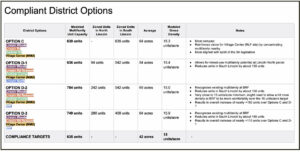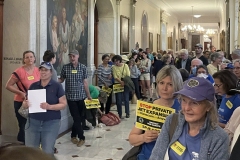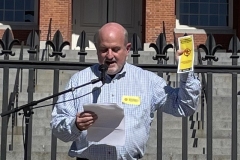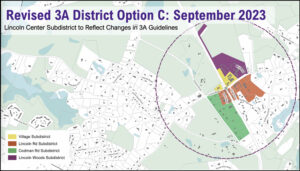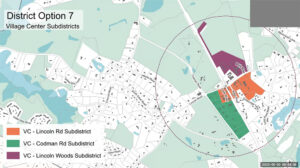Codman Community Farms plans to build an open-air educational pavilion as a precursor to a future project to install a fire suppression system in the main barn.
The three-season pavilion will serve as an educational space for workshops, classes, demonstrations, and small gatherings. The farm, which recently created a new staff position to grow its educational and community outreach, has hosted dozens of schools and corporate groups, and volunteers. Some of those events have included demonstrations to teach farming techniques to Boston-based nonprofit farming organizations and others.
“Teaching agriculture may start with a class discussion or a demonstration before heading to the fields. Thus, agriculture work takes place in the fields and in the classroom,” the farm board wrote in a narrative describing the project.
The one-story, 20-by-40-foot educational pavilion will go on the site of the maple sugar shack, which will be relocated to another location on the farm. It won’t house animals or equipment but it will have a commercial-grade pizza oven for events using Codman ingredients. “It could be used after a canning class when participants could pick their own tomatoes, peppers and onions, and create a pizza of their own making,” according to the narrative. A deck on the north side will offer views of grazing livestock as well as additional gathering space.
“I think it’s a great addition and supports a very important function of Codman,” Planning Board member Ephraim Flint said when the board approved the project on October 24. The plan has also gotten the OK from the Conservation Commission, Historical Commission, and Select Board and just needs a building permit to start construction. CCF is funding the project in full.
Over the years, CCF has hosted gatherings in the main barn, but this can’t continue — the town building inspector and fire chief have told them they can’t have any more activities in that space without a fire suppression system, CCF farmer Pete Lowy told the Select Board on October 30. The farm has a preliminary design for the system, which involves building a small heated room in addition to sprinkler plumbing and could cost anywhere from $250,000 to $500,000, he said.
CCF will ask voters at Town Meeting in March to help pay for the fire suppression system, though who will pay how much is yet to be determined; Select Board members noted that Community Preservation Act funds helped pay for the farm’s recent driveway project at the farm, but the sprinkler system is a code-mandated improvement in a public building, so there’s an argument for the town contributing a portion of the cost.

